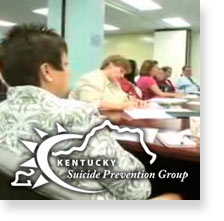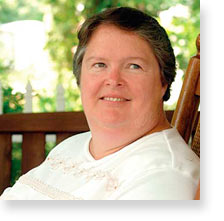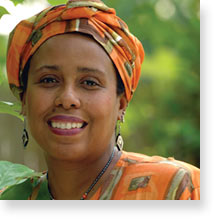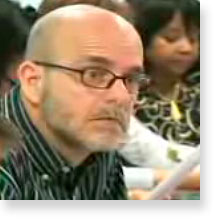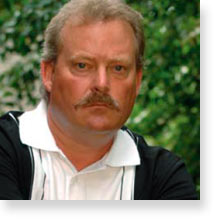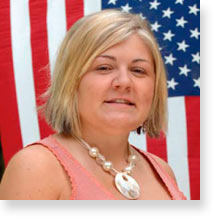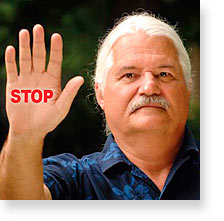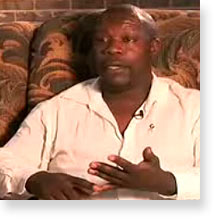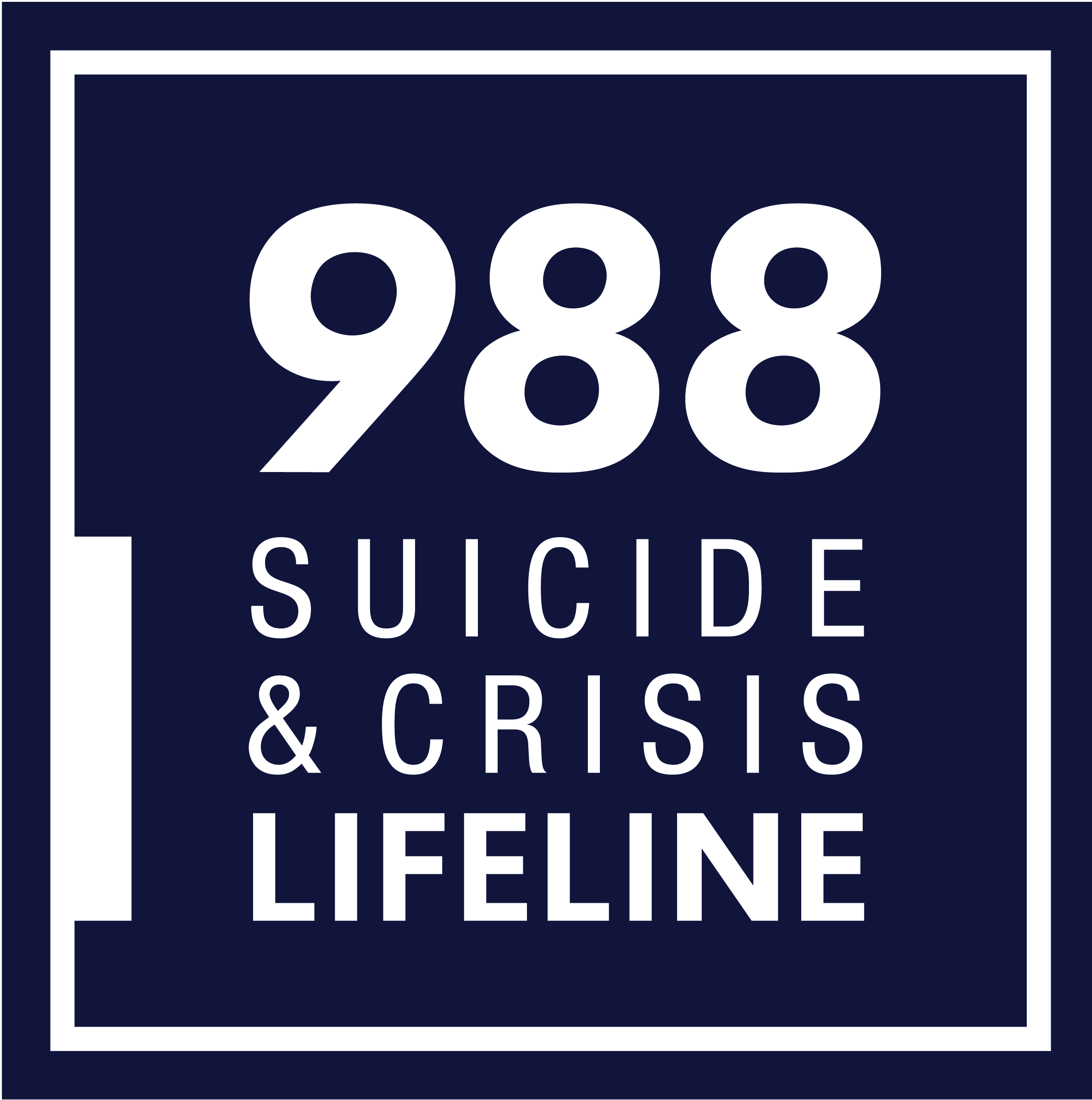Silence Perpetuates Suicide : Real Stories from Suicide Survivors
Several Kentuckians are choosing to talk about suicide and how it has touched their lives. In doing so, they hope to dispel myths, remove the stigma that keeps death by suicide shrouded in silence and offer healing for those who have lost a loved one to suicide. NOTE: Several of these ‘stories’ include longer, video presentations indicated below.
Kentucky Suicide Prevention Group
Informational Video
Help be a part of the solution.
The Kentucky Suicide Prevention Group is made up of more than 100 Kentuckians who have been affected by suicide. We are moms, dads, daughters, sons, brothers, sisters, friends, uncles, aunts, clinicians, mental health advocates and others who have either lost someone close to us, are survivors of attempts or family members of someone close who has attempted. And we are here to put a human face on suicide.
Jenny Jones, Richmond
CPA, Associate Professor of Accounting
My mother’s death devastated me. How could a loving Christian mentor like my mom choose to end her life? How could she do this to me when she knew exactly how it felt for a daughter to lose her mother to suicide? Mom was 19 when she lost her mother to suicide. Then, I didn’t know that one person dies by suicide every 16 minutes…that suicide is the 11th leading cause of death in Kentucky…that the risk of suicide increases as you get older. My understanding of suicide was simple…in our family, it was kept a secret. Now I know that keeping suicide a secret perpetuates suicide. That’s why I talk about it every chance I get.
Yolonda Kelsor Clay, Lexington
Former School Teacher
At 15 I first thought about suicide…after losing my grandmother. She was my rock. I had this melancholy all those years and never got treated for it. I just kept praying and pushing through. I felt such a deep sadness. I liken it to being in Mammoth Cave without a flashlight…such an overwhelming darkness. I can see how people feel they don’t have a way out. My family has a history of depression. But people don’t talk about mental illness. I’ve chosen to get on medication, go to support groups and facilitate them. Education is key. If you don’t know things can be better, you give up after a while.
Michael McFarland, LMFT, Louisville
Former KY Suicide Prevention Coordinator
When I had the opportunity to step into my position as KY state suicide prevention coordinator, one of the things that I had in mind, part of the agenda that was driving me to move to that position, was wanting to ensure that there was greater opportunity for clinical training. I wanted to see what we could do in a state standpoint, in our state prevention program to provide educational opportunities, workshops, that clinicians could participate in to get the competency that is necessary in working with a suicidal client, to provide them with an opportunity to come in a clinical level, to talk about, to think about, to explore what needs to happen from a clinician standpoint to be able to work with suicidal clients. And I think that’s even more critical when we begin to think about what its happening all across the nation in all kinds of states, in working with mental health, and all the resources that sometimes have to be looked at, and how those resources are allocated.
Mark Neblett, Bullitt County
Electrician
If I had understood the warning signs and knew help was out there, we might have saved Rachel. She was so bubbly and loved life. We found out she was being cyber stalked. I was like the old school dad and told her not to worry. In my day, we were eye to eye and this stuff didn’t last. She said, “You don’t understand, it’s different.” She was right…she must have been tore up inside. These kids can’t see how much their bullying is hurting that person. The day it happened everything was the same, just like every morning. She walked me out the door and waved. Later, her mother found her dead by suicide. There’s not a day that goes by that I don’t cry. I’m doing what my heart needs to do…help people and get the word out about cyberbullying and suicide.
Nicole Rihn, Louisville
Nurse
Chris was the best man in our wedding. The second time he came back from Iraq he was different. He started drinking all the time…he told me nobody understood what he saw in Iraq. He was diagnosed with Post Traumatic Stress Disorder. He was distant, but he’d call me at 3 in the morning because he didn’t want to be alone. Then he killed himself. None of us really understand why. Honestly, it was like it wasn’t real…this doesn’t happen to the people I care about. He had a baby on the way. All the time, the baby’s mom and I talk about what she’s going to tell her son about his dad. I want people to know about PTSD and what to do about it.
Steve Ulrich, Louisville
TV Director
We always end up asking ourselves why we didn’t see it coming. Suicide is the second leading cause of death of college students. Why aren’t we talking about this? I had a rude awakening shortly after Nathan’s death. Like with so many young men in Kentucky, it was so important to him to play basketball. Nathan was surrounded by athletes in the best physical health money can buy. Why don’t we put as much emphasis on their mental health? We need to help that child who went to college not to die on that college campus, but to succeed on that campus. We as a society have to deal with this. What are we so afraid of? We don’t know where suicide will strike next. When college students welcome the grave to stop their pain, something is severely wrong. Why aren’t we screaming at the top of our lungs something is wrong here?
Christophre Woods,
Owensboro HIV/AIDS Task Force
Executive Director
I am the executive director of the Owensboro AIDS task force and we do supportive services for people who are infected and affected by HIV. That includes everything from taking them to the store, or to doctor’ appointments, to testing and telling that person that they are in fact HIV positive. That part of it has to be…is the most difficult part of it all, because for some of those people, in terms of the having some kind of support after I give them that information, I may be their only support. Suicidal thoughts are not an uncommon reaction to the news.
The staff in the AIDS branch at the state level, they were bright enough to have a quarterly training that was the QPR gatekeeper training. And it was there that I shared some personal experiences with people, and there were four of us…who went on to get the training to be QPR trainers. I also trained most of my volunteers with QPR. I don’t think there is ever a point that you can dismiss someone’s life; their life has value.


